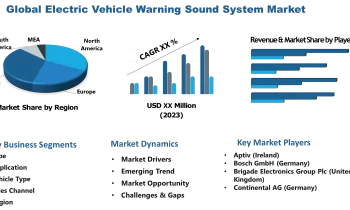
The cost of living in the UK worsened as the UK inflation rate hit a 30 year high in December.
Inflation hit an annual 5.4% last month, its highest since March 1992. December’s three-decade high was up from the 5.1% hit in November, which in itself was a decade high. Economists and analysts had expected a slight increase of 0.1% to 5.2%.
On a month-to-month basis, consumer prices increased 0.5%. Analysts had forecast a 0.3% monthly increase.
The big jump in consumer prices was led by the higher cost of clothes, food and footwear.
Derrick Dunne, CEO of YOU Asset Management, commented: “Another month, another milestone for UK inflation. The Consumer Prices Index (CPI) jumped by 5.4% in the twelve months to December, which is not only higher than the 5.1% recorded in November; it is in fact the highest twelve-month reading since the early 1990s.
“Striking though it may be, and sharper than expected, this latest rise is entirely in keeping with the ongoing cost of living crisis and the soaring price of energy in particular, with a major upward contribution to the annual rate coming from transport (1.29%) in December.
“Even so, today’s data is a stark reminder of the challenges facing the Bank of England. With supply chains still in crisis and economists warning that inflation may not peak until the Spring, multiple interest rate rises may be necessary in the year ahead.
“The Bank’s MPC will next meet on February 3rd to decide the base rate, but it’s clear that investors will still have to contend with a harsh inflationary environment for the foreseeable future.”
Trouble Ahead?
The Office for National Statistics also published figures on Tuesday which showed December’s annual wage growth at 3.8%. This shows that UK workers are facing a real-terms pay decline.
The Bank of England raised its base interest rate from 0.1% to 0.25% in December. It is also expected to make a further increase to 0.5% in February.
Meanwhile, the Bank of England also expects the consumer prices index (CPI) to increase to 6% by April. All of which points towards some turbulent times ahead for the UK consumer as heating costs continue to spiral.



